A ‘stealth tax’ announced by Jeremy Hunt will force an extra 60,000 small businesses to charge VAT on their goods and services.
The revenue threshold at which companies have to start charging VAT is currently set at £85,000.
This means that any businesses earning less than £85,000 don’t need to charge VAT on their goods and services.
This threshold was due to rise in 2024. However, at the Autumn Statement, new Chancellor Jeremy Hunt said the £85,000 threshold would remain in place for two more years until 2026.
Financial Secretary to the Treasury Victoria Atkins said that the two-year extension would mean an additional 60,000 small businesses and sole traders need to charge VAT.
The VAT threshold was last increased in April 2017 (from £83,000 to £85,000), meaning that in 2026 it will be nine years between threshold rises.
In this time, rising inflation will force more and more firms to start charging VAT. The latest inflation figures showed that inflation increased by more than 11% in the 12 months to October 2022 alone.
VAT stands for Value Added Tax and it is charged at 20% on most goods and services.
VAT is designed to be paid by the end consumer, rather than any businesses involved in the supply.
Businesses must register for VAT if their VAT-taxable turnover is higher than £85,000. Businesses can also choose to register if their turnover is less than £85,000.
If your business is VAT-registered, you have a number of responsibilities, including:
- Putting VAT on the price of all your goods and services
- Keeping records of how much VAT you pay for things for your business
- Reporting VAT charged and VAT paid to HMRC by sending a VAT return
Why businesses need to start writing digital VAT returns
Making Tax Digital is a Government initiative to make the UK tax system digital.
Eventually, all businesses and self-employed people will need to keep digital records about their taxes and make tax submissions electronically.
Making Tax Digital for VAT took effect in April 2022 and requires all VAT-registered businesses to keep digital records and to submit VAT returns electronically.
The easiest way to submit electronic VAT returns is to use HMRC-compliant cloud accounting software like Xero and FreeAgent.
For more information about Making Tax Digital and how it will affect your business, you can speak to a member of the team here or call: 0808 281 0303.







